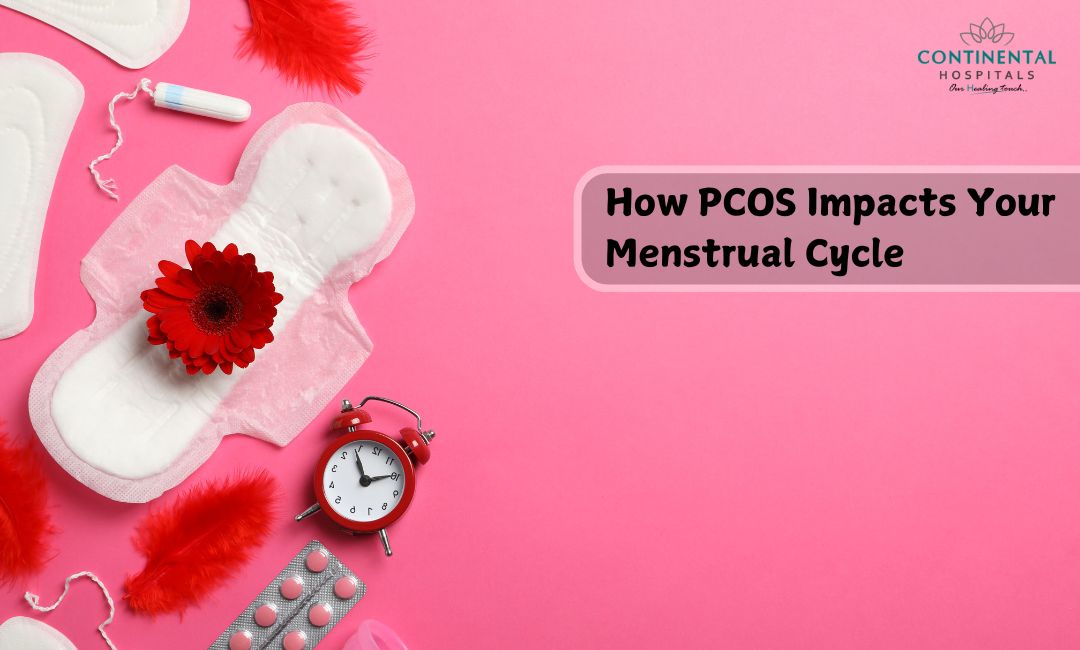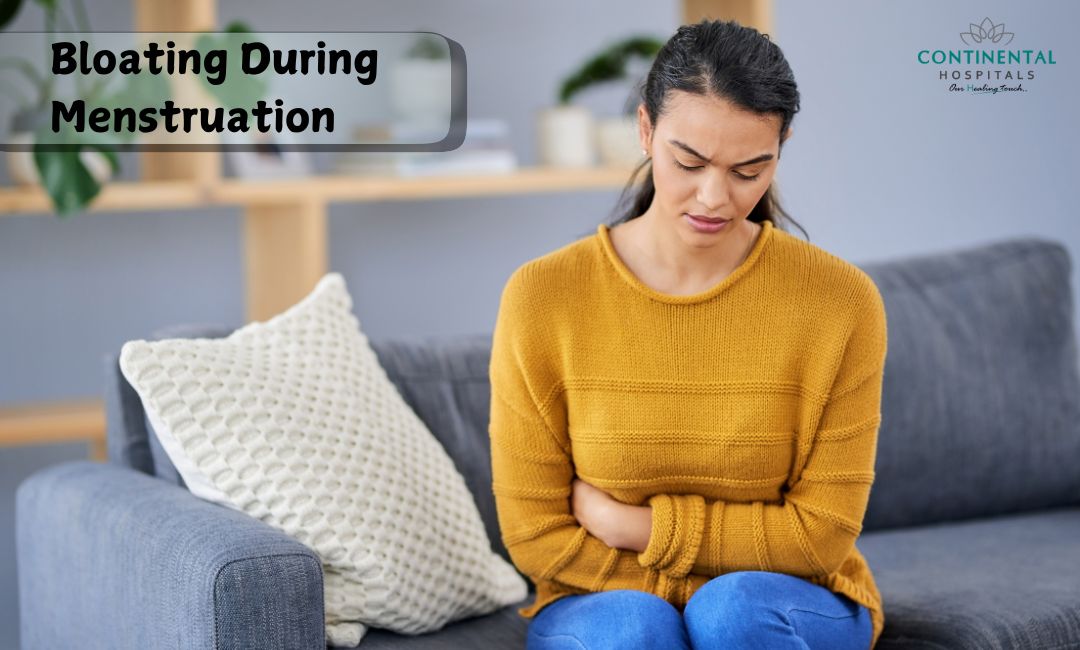Polycystic Ovary Syndrome (PCOS) is a common hormonal disorder that affects many women worldwide. One of the most significant ways PCOS impacts health is through its effect on the menstrual cycle. Understanding these effects can help manage symptoms and improve overall well-being. This blog explores how PCOS affects the menstrual cycle, using both global and Indian-specific statistics, and provides insights into managing these impacts.
What is PCOS?
PCOS is a condition where the ovaries produce an excess of androgens, male hormones that females also produce in smaller amounts. This hormonal imbalance can disrupt the normal regulation of the menstrual cycle, leading to various symptoms and complications.
The Impact of PCOS on Menstrual Cycles
Irregular Periods
One of the hallmark symptoms of PCOS is irregular menstrual cycles. Women with PCOS often experience periods that come less frequently than the standard 28-day cycle. According to the American College of Obstetricians and Gynecologists (ACOG), around 70% of women with PCOS report having irregular cycles. This irregularity can range from having very few periods each year to having very frequent but unpredictable cycles.
Anovulation
Anovulation, or the lack of ovulation, is a common issue for women with PCOS. Ovulation is the process where an egg is released from the ovary, and without it, menstruation may not occur. Anovulation is a key factor leading to irregular or absent periods. The condition affects up to 90% of women with PCOS, making it a significant cause of menstrual irregularity.
Heavy Menstrual Bleeding
When periods do occur in women with PCOS, they may be heavier than usual. Hormonal imbalances can lead to a thickened endometrial lining (the lining of the uterus), which may result in more substantial bleeding. Research indicates that women with PCOS are more likely to experience prolonged or excessive menstrual flow compared to those without the condition.
Amenorrhea
Amenorrhea, the absence of menstruation, is another common issue for women with PCOS. Women with this condition may go several months without a period due to irregular or absent ovulation. According to a study published in The Lancet, about 40% of women with PCOS experience amenorrhea at some point.
Global Statistics on PCOS and Menstrual Irregularities
Globally, PCOS affects approximately 8-13% of women of reproductive age. According to the World Health Organization (WHO), PCOS is one of the leading causes of irregular menstrual cycles and infertility among women. Studies have shown that up to 70% of women with PCOS experience menstrual irregularities, making it a significant concern for many.
PCOS and Menstrual Cycle in India
In India, PCOS is increasingly recognized as a major health issue among women. According to a study published in the Indian Journal of Endocrinology and Metabolism, the prevalence of PCOS among Indian women is about 9-22%. Menstrual irregularities are a common symptom reported by 60-80% of women with PCOS in India.
Indian women with PCOS often face challenges such as:
- Delayed Diagnosis: Many women in India experience delays in diagnosis due to a lack of awareness or access to healthcare services.
- Cultural Factors: Social stigma and cultural beliefs can sometimes prevent women from seeking help for menstrual irregularities and other symptoms related to PCOS.
- Treatment Barriers: Access to healthcare professionals and specialized treatments can vary, affecting the management of PCOS and its impact on the menstrual cycle.
Managing Menstrual Irregularities with PCOS
Lifestyle Changes
Adopting a healthy lifestyle can significantly impact menstrual regularity for women with PCOS. Regular physical activity, a balanced diet, and maintaining a healthy weight can help manage hormonal imbalances and improve menstrual cycles. Research shows that weight loss can restore regular menstruation in up to 40% of women with PCOS.
Medical Treatments
Various medical treatments are available to help manage menstrual irregularities in PCOS. Birth control pills are commonly prescribed to regulate periods and reduce androgen levels. Medications like metformin, which improves insulin sensitivity, can also help with menstrual irregularity. Additionally, other treatments such as hormonal therapy or ovulation-inducing medications may be used based on individual needs.
Alternative Therapies
Some women find relief through alternative therapies such as acupuncture or herbal supplements. While these options may provide benefits, it is essential to consult with a healthcare provider before starting any new treatment to ensure it is safe and effective.
Regular Monitoring
Regular check-ups with a healthcare provider are crucial for monitoring and managing PCOS symptoms. This includes tracking menstrual cycles, hormone levels, and overall health to tailor treatment approaches effectively.
Conclusion
PCOS has a considerable impact on the menstrual cycle, leading to irregular, heavy, or absent periods. Understanding these effects can help women manage their condition more effectively and seek appropriate treatment. Globally and in India, awareness and proper management are key to alleviating symptoms and improving overall health.
Related Blog Articles
.webp)







